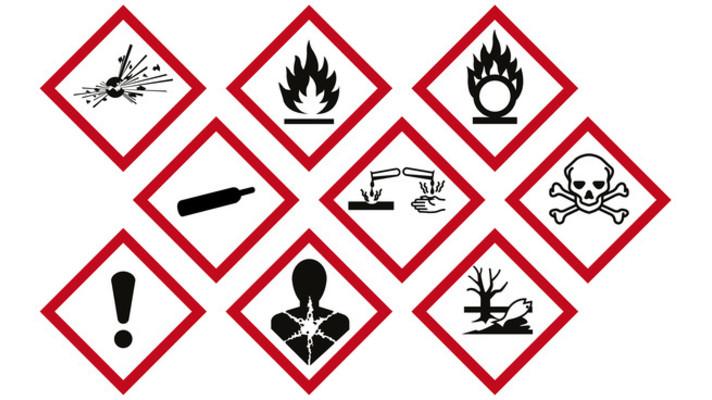Rotting Pesticides Plague Africa; Cleanup Planned
| WASHINGTON - The stench in the air on the outskirts of Fez, Morocco, led World Bank environmental specialist Steve Maber to a shed full of rotted barrels and shredded bags that were leaking pesticides into the densely populated community\'s water and soil. |
The smell was the least of the problems created by the leaching chemicals, which Maber said have caused health problems for the city\'s children including asthma. There are more than 50,000 tons of banned, contaminated or expired pesticides in Africa - poisons that kill about 1 million people a year - and Maber and the staff of the African Stockpiles Program aim to destroy them all within 15 years. The program, an independent initiative being overseen by the World Bank, secured an initial $50 million in donations last week - enough to start the first phase of its clean-up in Ethiopia, Mali, Morocco, Nigeria, South Africa, Tanzania and Tunisia. Work on the ground should start around September. \"The goal is to rid the whole of the continent of this scourge of these unusable obsolete chemicals,\" said Maber. LOCUSTS, MOSQUITOES Pesticides including DDT, chlordane and hexachlorobenzene are used to fight off all manner of insects from the locusts that plague northern Africa\'s crops to malaria-carrying mosquitoes. The chemicals are stockpiled in preparation for the next pest invasion but can expire or become contaminated through poor storage and management, Maber said. The Africa Stockpiles Program plans to ship the chemicals to countries that have proper disposal units including specialized incinerators since the facilities do not exist in Africa and would be too costly to build. The effort will focus on prevention and disposal but will not be able to tackle the more costly task of cleaning up the environment, said Aziz Lagnaoui, a World Bank senior pest management specialist. Other countries beyond the initial seven will be added to the program later, and the project will cost an estimated total of $250 million. Funding will come from multilateral agencies, the United Nations and donor countries including Belgium, Canada and Japan. Most of Africa\'s pesticides are government owned and acquired as part of aid packages, Maber said. While some are bought illegally, most of the stockpiles are the result of \"overzealous aid and overzealous sales,\" said Barbara Dinham, director of Pesticide Action Network UK, a member of the program. The poor bear the brunt of the problem, said Clifton Curtis, director of World Wildlife Fund\'s global toxics program which is participating in the effort. \"The wealthier communities are ... able to say no to those types of stockpiles being left to degrade in their communities. The poor communities don\'t have that kind of clout with government officials or industry,\" Curtis said. \"It\'s a given that the poor and the poorest of the poor are the ones that are most affected by these obsolete chemicals.\" AFRICA NOT HARDEST HIT To qualify for the African Stockpiles Program, countries must have ratified the Stockholm Convention of 2001 - a pact aimed at helping countries destroy the worst of the obsolete chemicals, called persistent organic pollutants, or POPs. So far, about 20 of the 53 African nations have ratified the convention, along with much of Europe and North America. Those not on board include the United States, England, Greece, Italy and Poland. Africa has fewer obsolete chemicals than other places such as eastern Europe, with an estimated 300,000 tons, and China and India which have their own chemical production facilities, Maber said. The program is focusing on Africa because of the continent\'s pressing need and because it does not have its own pesticide production industry, which makes the problem more contained. Organizers hope to move on to other regions after refining their methods in Africa. |
Story by Cyrille Cartier |
REUTERS NEWS SERVICE |
